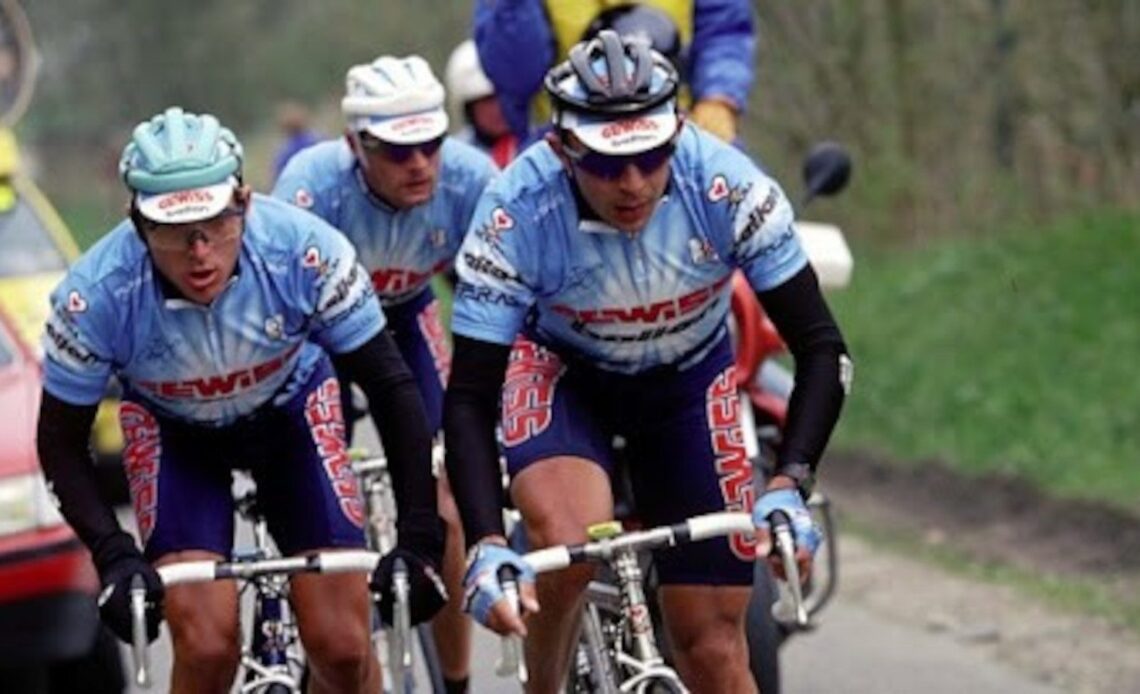On Thursday, Chess.com released a 72-page report about the ongoing controversy that has rocked the chess world. The young chess grandmaster Hans Nieman likely cheated in over 100 matches online, and one observer said the findings sound just like the EPO scandals of the 1990s that plagued cycling.
Similar to when riders would have astonishing races and be flagged by the UCI or cycling reporters, Twitter user Cyclocosm said the verbiage about chess cheats “toggling” or not “toggling” sure sounds familiar. “We are prepared to present strong statistical evidence that confirm each of those cases above, as well as clear ‘toggling’ vs ‘non-toggling’ evidence, where you perform much better while toggling to a different screen during your moves,” Danny Rensch Chess.com’s chief chess officer said in a Washington Post article.
“The vibes in the chess/Niemann scandal continue to be straight out of pre-EPO-test 90s cycling this bit on “toggling” is along the lines of “we notice you perform much better the day after collecting refrigerated bags from your soigneur following an event,” Cyclocosm posted.
There were times in the 90s when riders of the same team would completely dominate a race, a huge red flag that something funny was going on. Or, if a team hired a doctor that had a tarnished past, or as a result of an ongoing investigation such as Operación Puerto, the team or certain riders would be uninvited to a stage race, despite there being no proof (yet) that the riders on the team had actually doped. In 2006, riders like Jan Ullrich and Ivan Basso, were not allowed to start the Vuelta following allegations by Spanish police as a result of the ongoing investigation. The UCI even had a confidential “doping index” where they listed riders whom they suspected were on drugs. It was later leaked by the French paper L’Equipe.
There was also a time when if a rider tested above 50 per cent hematocrit, they weren’t allowed to race for a few weeks, despite there being no proof of having used EPO. It was the only thing the governing body could do before they had a proper test for the banned substance. They weren’t even told they were doping, but had to take a break from racing for “health reasons,” but the implication was clear.
Other times, if riders had extraordinary results, the UCI might send them a letter saying…
Click Here to Read the Full Original Article at Canadian Cycling Magazine…

